The Creation: An Appeal to Save Life on Earth (2006) is a short book by Edward O. Wilson. In it, E.O. Wilson makes an appeal to preserve Earth's biodiversity. The book is written as a letter to a Southern pastor, and though Wilson sometimes returns to this concept, most of the book is geared towards general readers, students, naturalists, scientists, and teachers.
While my husband was at Harvard, we lived in a building where E.O. Wilson once lived. I also share his deep appreciation for the natural world.
One of my favorite quotes from this book is the introduction to Chapter 7, "Wild Nature and Human Nature," pictured below:
"Our relationship to Nature is primal. The emotions it evokes arose during the forgotten prehistory of mankind, and hence are deep and shadowed. Like childhood experiences lost from conscious memory, they are commonly felt but rarely articulated. Poets, at the highest human level of expression, try."
One of my other favorite quotes is in Chapter 13, "Exploration of a Little-Known Planet," where Wilson writes,
"Each species is a small universe in itself, from its genetic code to its anatomy, behavior, life cycle, and environmental role, and a self-perpetuating system created during an almost unimaginably complicated evolutionary history. Each species merits careers of scientific study and celebration by historians and poets."
Wilson emphasizes how much there remains to be learned about living creatures, how many species remain undiscovered, and how important it is to protect all forms of life on Earth.
Purchase and read books by E.O. Wilson:
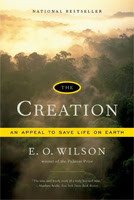
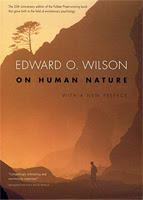

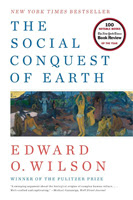
©
penciledpage.com


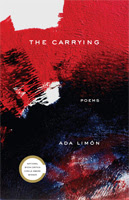




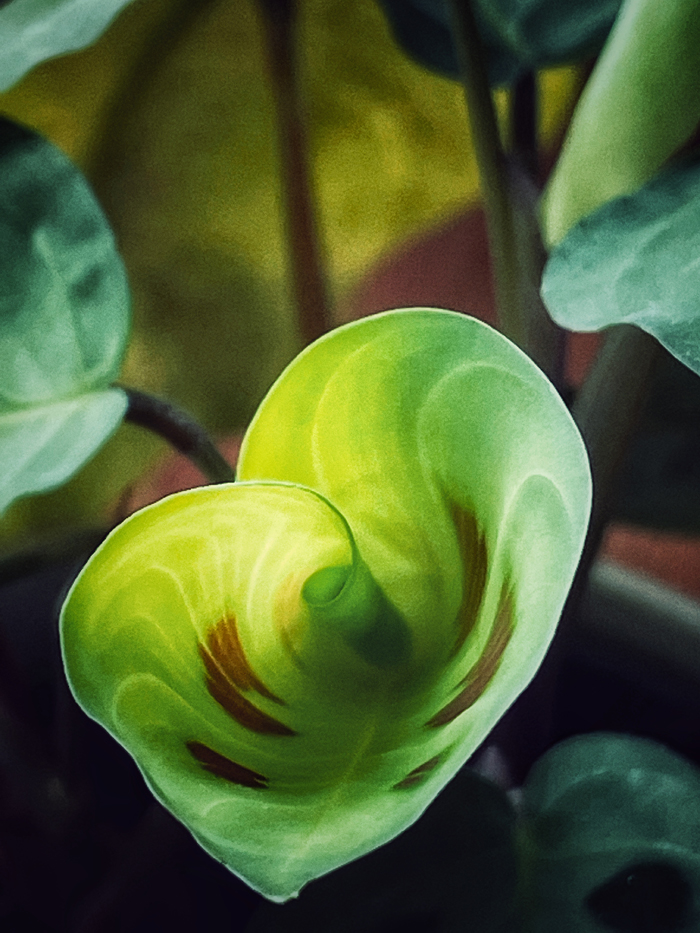
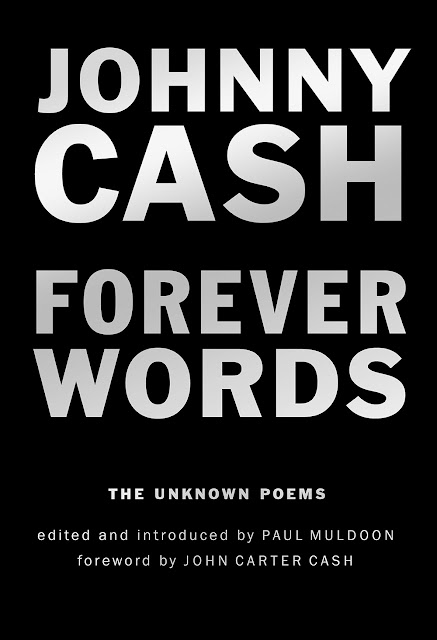
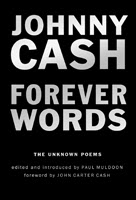


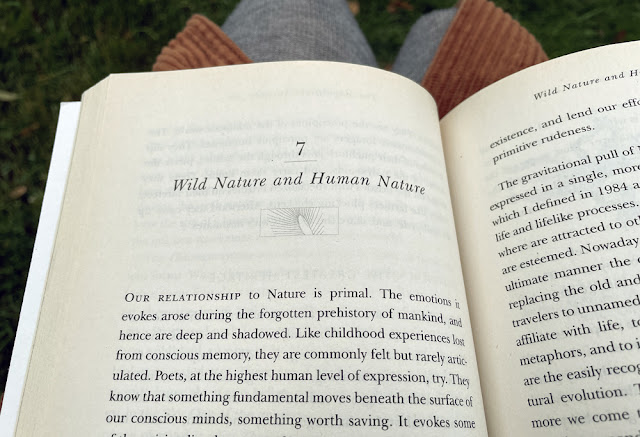








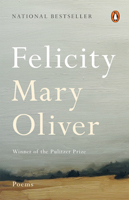

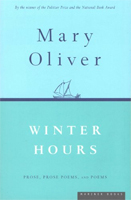




Search This Website